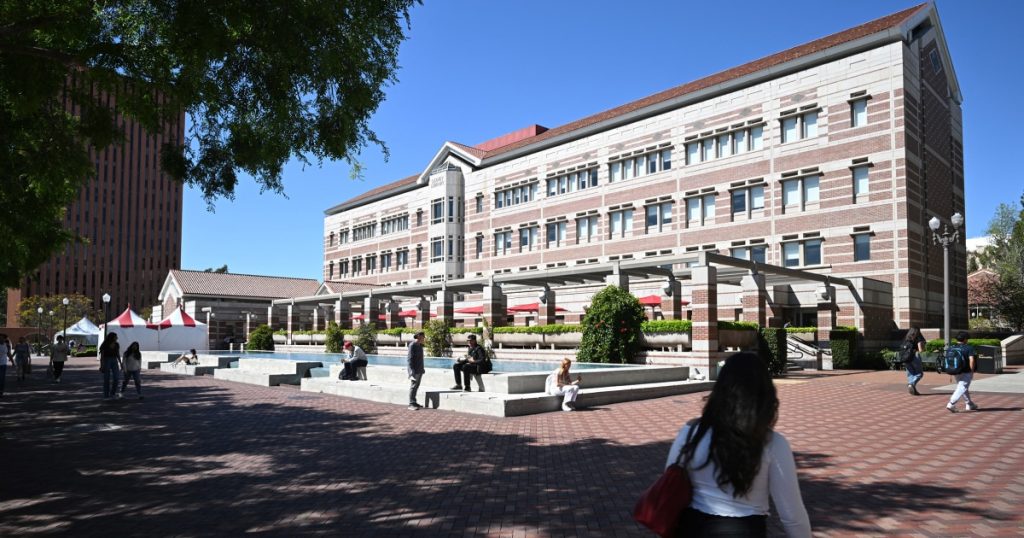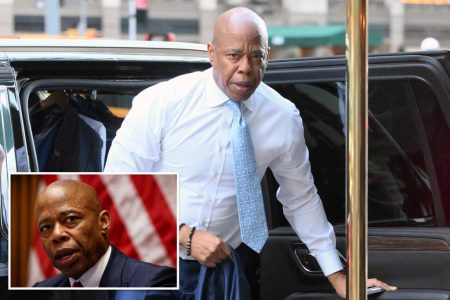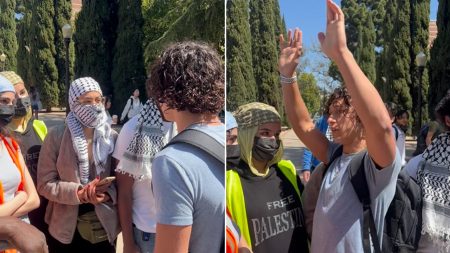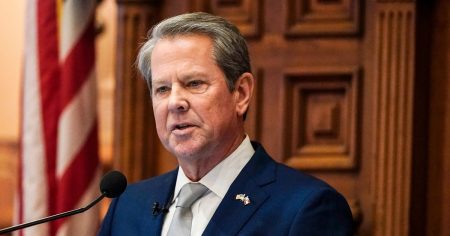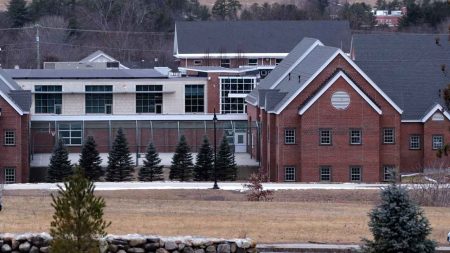The recent controversy at the University of Southern California (USC) involving Muslim student Asna Tabassum being removed as valedictorian due to security concerns sparked outrage among students. The news of her selection had given many students a sense of hope and pride but was dashed when USC Provost Andrew Guzman cited security concerns related to tensions from the ongoing conflict in the Middle East as the reason for canceling her speech. Tabassum was born in Chino Hills, California, majored in biomedical engineering, and studied resistance to genocide. Students who support Tabassum believe the university is using security as a pretext to silence her.
While some students at USC believe security concerns were the main reason for canceling Tabassum’s valedictorian speech, others, such as first-year student Danica Gonzalez, argue that the university could protect her but chose not to do so. The decision to cancel Tabassum’s speech came after Jewish and pro-Israel groups complained about her social media activity, calling it antisemitic. This led to a debate on campus about free speech, inclusivity, and how universities should handle controversial viewpoints.
The controversy at USC is not an isolated incident but reflects a broader trend of rising tensions on college campuses related to the Israel-Hamas conflict. Similar incidents have occurred at other universities, including the University of California, Berkeley and Pomona College in Southern California. Students have clashed over differing opinions on the Middle East conflict, leading to arrests, suspensions, and confrontations. The cancelation of Tabassum’s speech at USC has fueled the ongoing debate about free speech and political activism on college campuses across the country.
Muslim student Layan, who was born in Syria and moved to the U.S. in fifth grade, described Tabassum as a mentor and a role model. They first met at the Muslim Student Union, where Tabassum introduced herself and offered to keep Layan informed about events. Layan felt a connection with Tabassum because they both wear hijabs and are Muslim, and she believes Tabassum is a kind person who would not wish harm on anyone. Tabassum’s supporters have criticized the university’s decision, accusing it of racism and attempting to silence her political views.
The conflict at USC highlights the challenges universities face in balancing free speech, inclusivity, and safety on campus. The decision to cancel Tabassum’s speech has sparked a broader conversation about how universities should respond to controversial viewpoints, especially in the context of ongoing geopolitical conflicts. Students on both sides of the debate have expressed their frustration, with some feeling their voices are being silenced and others arguing that the university has a responsibility to protect all students from harm, including threats related to political tensions.
Overall, the controversy at USC reflects the larger societal divisions and tensions surrounding issues of free speech, political activism, and identity. The cancelation of Tabassum’s valedictorian speech has raised questions about how universities should navigate complex political issues and protect students from harm while upholding principles of diversity and inclusion. As students continue to grapple with these challenges, the debate over free speech, safety, and inclusivity on college campuses is likely to persist and shape discussions about social justice and equity in higher education.





